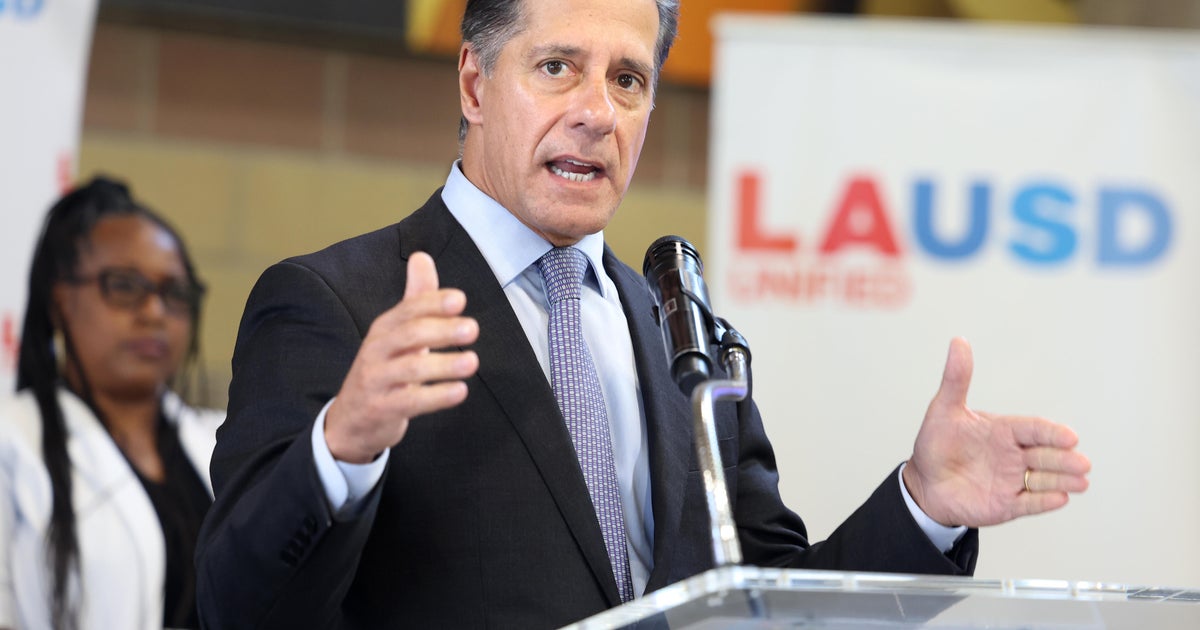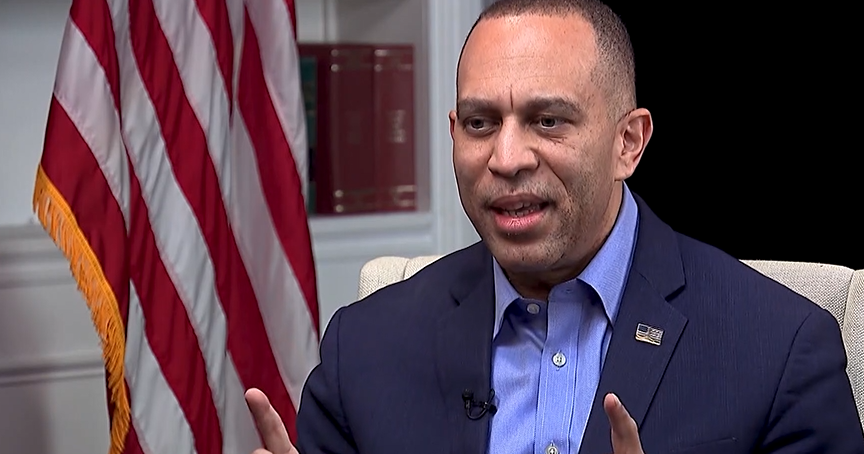San Francisco May Give Workers Right To Request Flexible Schedules
SAN FRANCISCO (CBS SF) -- Employees in San Francisco with children or other dependents will have the right to request a more flexible work schedule via legislation given unanimous initial approval Tuesday by the city's Board of Supervisors.
The Family Friendly Workplace Ordinance, introduced by board president David Chiu, will give employees with parental or caregiver responsibilities the right to request work schedules that better accommodate their needs.
An employer would then be required to hold a meeting with the worker within 21 days and then respond to the request in writing within 21 days of that meeting. If the request was denied, the employer would have to provide the reason for the denial.
An employee would then have the right to ask for reconsideration of the request within 30 days of the denial, according to the legislation.
Chiu said San Francisco is the first city in the country to approve a "right to request" ordinance. Vermont passed similar legislation at the state level earlier this year, he said.
Then-Sens. Barack Obama, Hillary Clinton and Ted Kennedy introduced a "right to request" bill in 2007 but Congress did not approve the legislation.
Chiu said the San Francisco ordinance would "eliminate stigma and bias for workers who ask for flexibility" and was necessary for working families who are considering moving out of the city.
Only 13.5 percent of San Francisco's residents are children, the lowest percentage of any major U.S. city, he said.
Chiu said similar laws have been passed in the U.K., Ireland, Australia and New Zealand and "have positively impacted their bottom line" by increasing worker loyalty and productivity.
Supervisor Eric Mar called the legislation "an exciting first step to support working families in our city."
Mar has said the legislation will also reduce traffic in San Francisco by decreasing the amount of trips taken during peak commute hours.
The San Francisco Chamber of Commerce had initially voiced opposition to the proposal because of its potential impact to the city's business community.
Chiu had initially planned to place the ordinance on the city's ballot, and the legislation had proposed tasking the city's Office of Labor Standards Enforcement to handle any appeals or disputes between employee and employer.
Jim Lazarus, the chamber's senior vice president, said under the previous proposal, "A hearing officer could interject themselves into the scheduling practices of a business" and "that was just unacceptable."
Chiu later amended the legislation to remove that provision while also changing it to only require the approval of the supervisors rather than the city's voters.
Businesses with less than 20 employees are exempt from the ordinance. That exemption was increased from the initial proposal, which included all city businesses with 10 or more workers.
Lazarus said the city's Chamber of Commerce was neutral on the ordinance in its current form.
He said, "It comes down to another set of requirements" for businesses in San Francisco, but "it's something most employers can probably live with."
Chiu said the city will be conducting an outreach campaign to educate employers and their workers about their rights and obligations under the new legislation, which will still need final approval by the supervisors at their next meeting.
The ordinance, after being finally approved and signed by the mayor, will become operative on Jan. 1, 2014.
(Copyright 2013 by CBS San Francisco and Bay City News Service. All rights reserved. This material may not be published, broadcast, rewritten or redistributed.)







